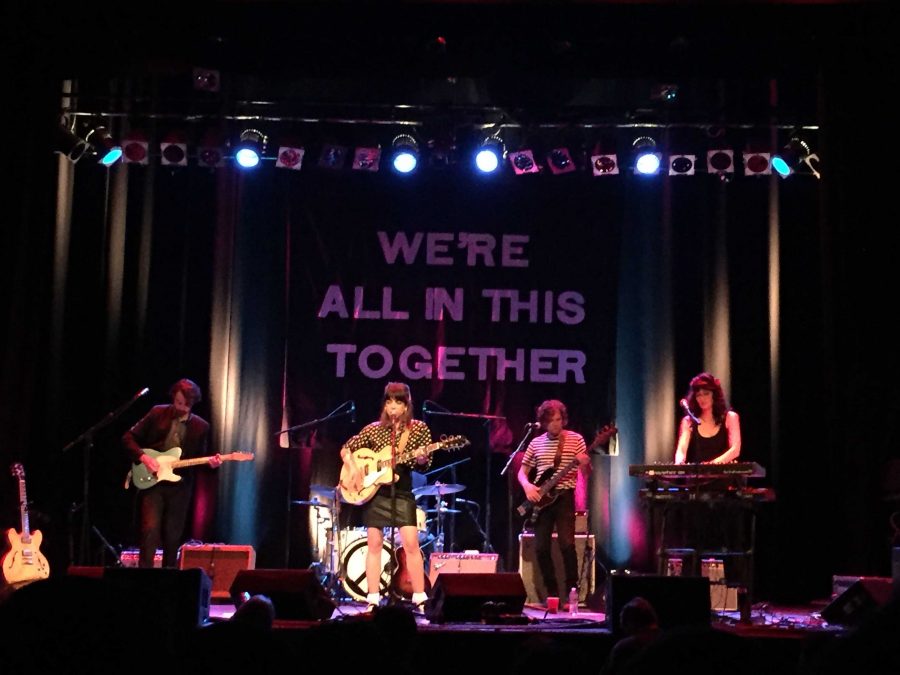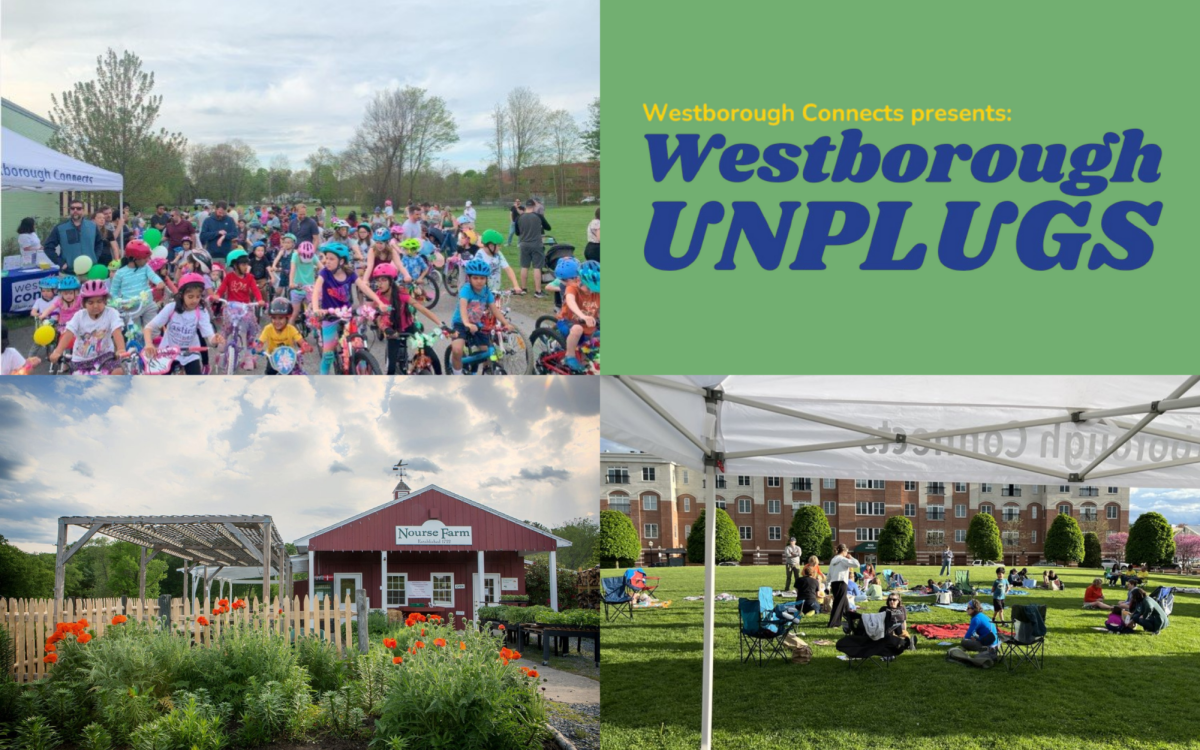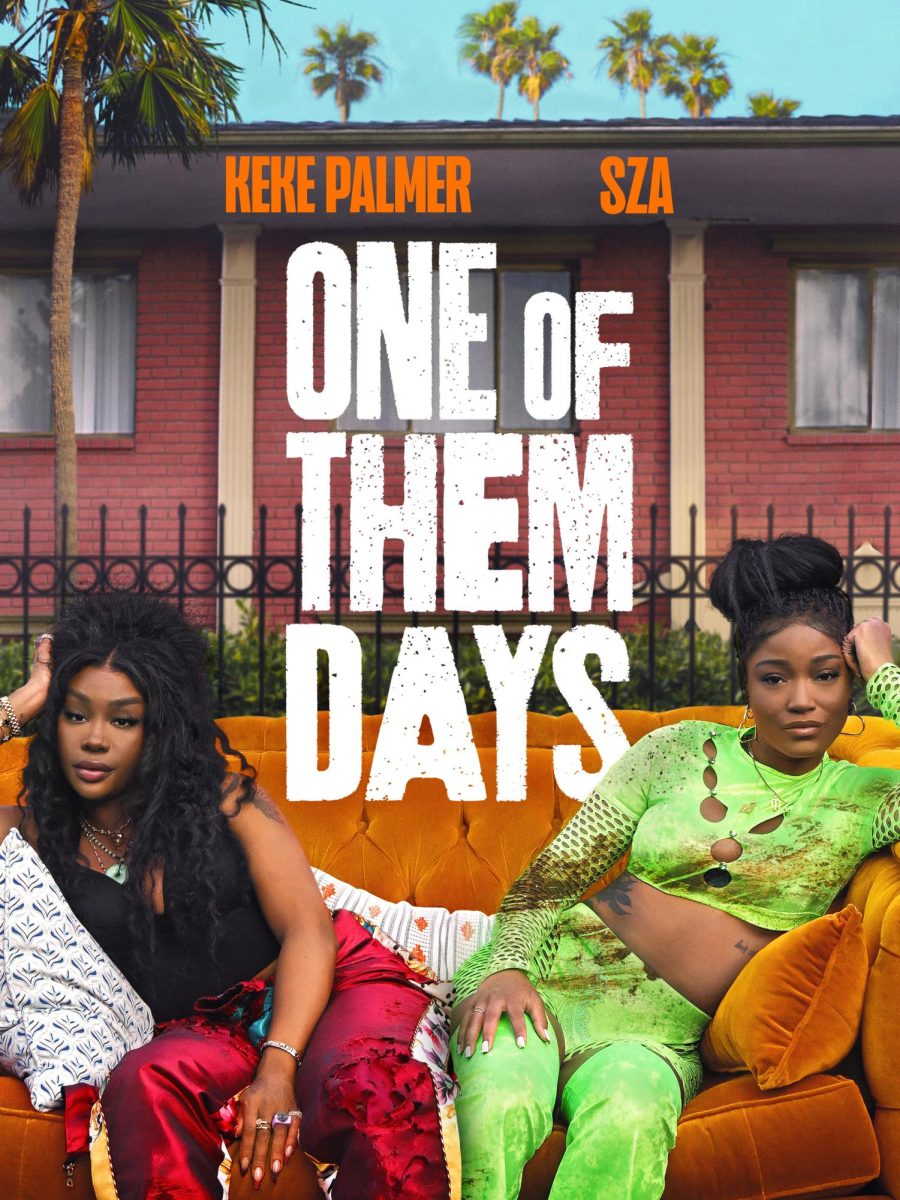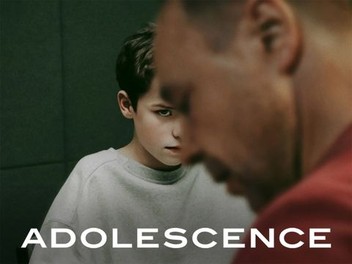By: Nick Smaldone
Folk music revolutionized the 60’s and 70’s, making the two decades almost inseparable. Think of that time and images of hippies in bell bottom jeans and flowered shirts will certainly fill most people’s mind. More importantly, folk music provided the soundtrack for the civil unrest that defined the era. Anti-war protests, civil rights demonstrations, and calls for peace all found their voice through the lyrics and melodies by folk musicians.
In modern-day the popularity of folk music has given way to pop and its relatives. However folk music has recently seen a striking revival due to the increasingly tense political state, yet something is different this time around.
Men like Bob Dylan, Neil Young, Pete Seeger and others dominated the charts singing about the disenfranchised in their time. But now there’s a new group dominating the genre, and they’re not white, and they’re not male.
This change cannot be seen in the big corporate venues like the TD Garden or the Xfinity Center, but at shows at locally owned venues by indie bands, like Hurray for the Riff Raff’s show at the Somerville Theatre on April 17th.
The Somerville Theatre is an independent, medium-sized theatre that puts on events in the evenings and displays local art in its basement year round. It recently opened its doors to a trio of feminist-folk-forces that began when a woman in a dress and flat orange shoes with an acoustic guitar in hand and single lit candle to her right took the stage.
As Azniv Korkejian, or more commonly known by her stage name of Bedouine, began her set it was not hard to fall under a spell from her hypnotic guitar playing and flowing voice. Her music was very categorically folk, with one concertgoer describing her as “straight out of the 70’s.”
But it wasn’t until an audience member requested her to play her original song “Louise” and she began singing in Armenian could one realize more about Bedouine. She was born to Armenian parents in Aleppo, Syria and moved several times across the Middle East and America before settling in Los Angeles. Her past is unavoidable in her music; in her song “Summer Cold” she takes a subtle yet striking stance against the U.S. for its responsibility in destabilizing Syria.
Southern rock group Waxahatchee took the stage next. With two sisters as the base of the band, this mainly female, with one gender non-conforming member, group turned up the heat, in “a surprisingly energetic performance”, one fan noted. Waxahatchee have been very vocal about it’s political views, releasing songs like “No Curse” in response to America’s political climate, contributing to compilation albums for charity, and being very active against Roy Moore’s campaign in their home state of Alabama.
But the crowd most eagerly awaited the arrival of the headliner Hurray for the Riff Raff when a large backdrop reading “WE’RE ALL IN THIS TOGETHER” was illuminated. The first half of Hurray’s career was marked by their local New Orleans bluesy folk sound. Yet more recently the band has followed front women Alynda Segarra’s roots on their new album, mixing their signature folk music with the sounds of her Puerto Rican heritage.
The bands music is unapologetically political: songs like “Rican Beach”, “Living in the City”, “Hungry Ghost”, and “Fourteen Floors” cover topics from gentrification of her childhood neighborhood in NYC, to safe spaces for the LGBTQ+ community, and the immigration her parents and how hard her ancestors have worked to make it in America.
In the past two months, the band even released a song called “Kids who die”, based on a poem from the famous Harlem Renaissance poet Langston Hughes, which has recently been used in relation to school shootings. Their last song “Pa’lante” (meaning to go forward in Puerto Rican slang) took pieces from a 1971 poem, “Puerto Rican Obituary” about the American dream. Segarra sang triumphantly, amidst all the chaos in the world, a battle call to her attentive listeners: “to all who lost their pride we say Pa’Lante, to all who have to hide we say Pa’Lante, and to all who have to survive we say Pa’Lante”.
Segarra ended her set with an encore performance of “Dancing in the Dark” and the crowd joyfully sang along, singing the famous words “can’t start a fire without a spark.” And as people left the crowded venue it was safe to say that these three feminist folk bands had set a spark in everyone there that night.








